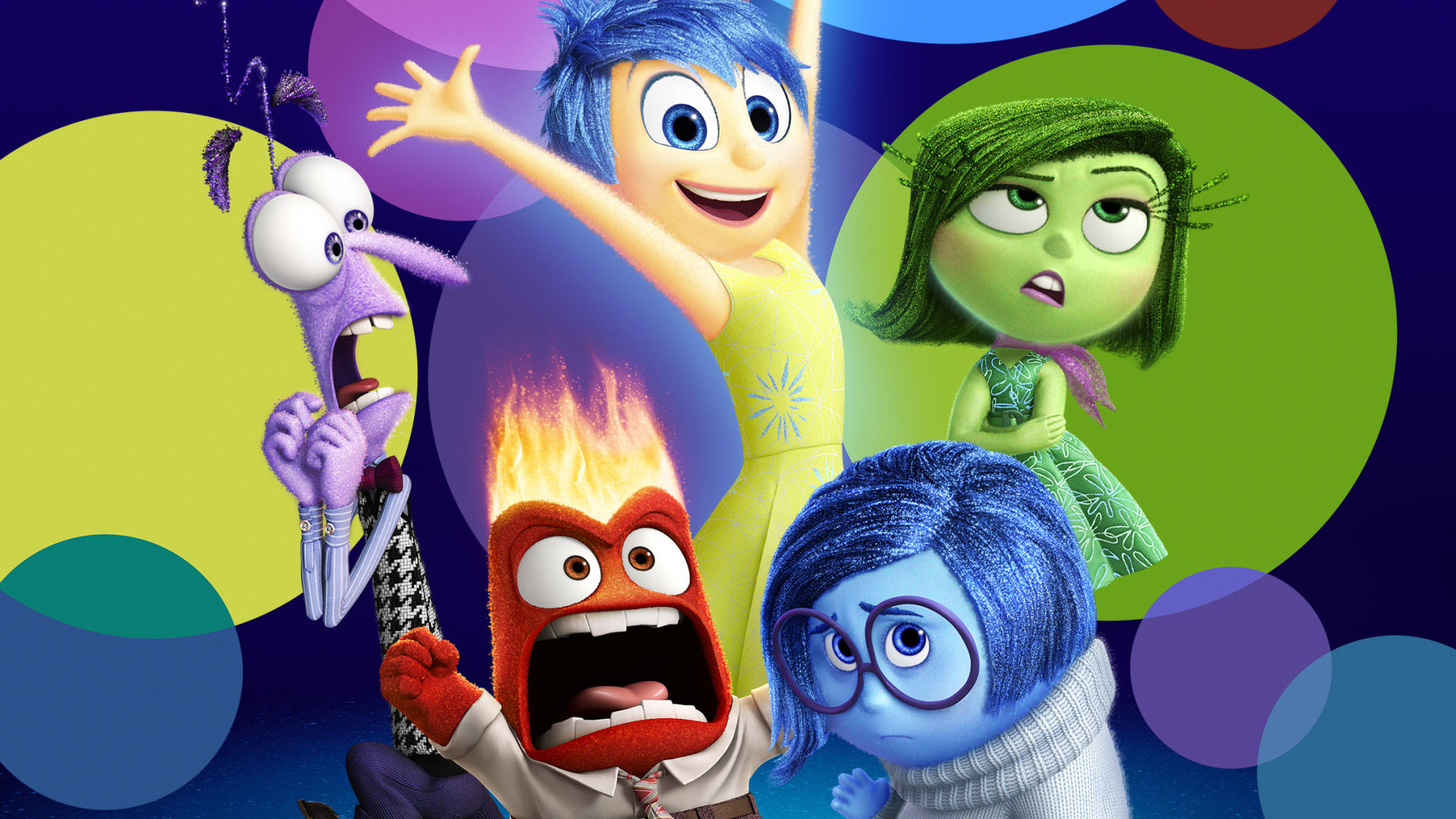Intro
Our minds are fascinating chemical factories. They are the result of many millennia of evolution, millions of tiny living parts and billions of neurons. We don’t actually think about it much but who we are is a topic of great importance and invaluable knowledge. Our bodies and minds are such extraordinary creations and they deserve more attention. For this post, I’m going to focus solely on the mind and particularly on one cardinal aspect – emotions.
Within our mind, we go through an ample of emotions. There’s surprise, frustration, disgust, joy, sorrow and fear. These are our six main emotions as established a long time ago by someone(sorry but I am not interested in the facts). One of my favourite movies of all time is ‘Inside Out’. Yes, it’s that Disney animated film where there are five characters who each play one of these emotions(except for surprise). Why is it one of my favourites? Well, I think there are heaps of valuable snippets to take away from it. One of the thoughts that strikes my mind immediately is the aspect of teamwork.
Teamwork
Teamwork is something that is applicable to everyone in any scenario. The world has a population of over 7.5 billion and we’re in such an atmosphere to work together and solve problems. I’m deviating.
In terms of the movie, the fundamental theme is that our minds are a team of emotions that work together to solve a problem though they will conflict with each other too. The plot goes through a particular scenario where initially, the emotions are all rivals with each other. They do not get along and each of them wants to take charge. However, as the plot progresses, the emotions learn to appear only when necessary and they work together to control each other. Of course, this is presented in a much more entertaining way with elements of comedy, inspiration and interest.
I particularly admire the analogy they’ve established by clearly highlighting that the mind is a mix of emotions and that with teamwork the outputs are favourable. And to present something so valuable with the main target audience being kids, I hugely praise the team for the excellent movie they’ve assembled.
This seamlessly leads me to my next part. Avengers Assemble.
To set a more comprehensible context, the movie ‘Avengers Assemble’ comprises of much of the concepts from Inside Out(and any other film for that matter). It fundamentally presents how a group of characters work together to use each of their attributed to their advantage to tackle a problem in a union. It’s an alternative way to think about how emotions in our mind work.
Emotional Intellgience
One of the emerging concepts is EQ(Emotional Intelligence) which places significance in the capability to identify emotions of oneself and others. I haven’t read into it myself but I have framed my own understanding based on the facile phrase.
My belief is that we should teach how to recognise each emotion and build it. And to achieve this, emotional intelligence needs to climb up the ladder in ‘things everyone should learn’. We should all learn to realise ourselves and gain mastery in handling our emotions. I feel like it’s fundamental in being able to control and better understand our emotions. If we’re properly guided in the 6 core emotions, why would have situations of extreme emotions and unpleasant outputs? Simply harnessing our gift of emotions to our advantage would be the tweak to create a better atmosphere in all of us where we come to terms with the idea that emotions want you to work together.
This is why I believe that whoever is educating kids(be it schools, parents, friends, online courses etc), we should include emotional intelligence as a core building block of our learning process. Ultimately discovering ourselves is one of the core elements of life. This movement towards educating about emotions would aid heavily with the process.
You are the boss
An interesting aspect of emotions is that you’re in control of your emotions and no one else is in charge. Your emotions are part of you and solely belong to you. If someone else controls you, that’s slavery, right? I mean they’re dictating your emotions and this would mean that you’ve voluntarily placed the ball on their side of the court. For example, let’s say that there was an incident where someone tries to discourage you by constantly uttering that you can’t finish the race or get the score on the exam etc. That person is communicating to you in an attempt to grab hold of your emotions. But, ideally speaking, your emotions are yours and there is no need to waste energy in such distasteful debate ignitions. Simply ignore the chap! Why and how does he have a right to get into your brain and make you angry?
When we say ‘control your anger’, this is what we mean(except we don’t fully realise it). Each word has tremendous meaning. ‘Control’ means that you need to understand that you are under control here and no one else can dictate your emotions. ‘Your’ is a reminder that the emotions belong to you. And ‘anger’ is the emotion that we’re referring to in this case. Simple but meaningful. This is why no-one else should allow you to get angry. It’s an emotion that belongs to you and you only, so you are the boss. Teach your employees(emotions) to ignore the competition(anger cues).
In such a huge world with a diverse collection of people of all kinds, the best solution is to learn to work with all kinds of people and create a teamwork lattice within your brain so that you learn to collaborate and develop crucial skills to work as a team externally(outside the brain). Build the habit of dictating your emotions and using them to your advantage with the idea of teamwork. That should do the job to make friends with your most hated person. Naturally speaking though, there are many people who are thankfully here to build friendships and establish a teamwork environment and so this is a mere reminder rather than advice.



Leave a Reply